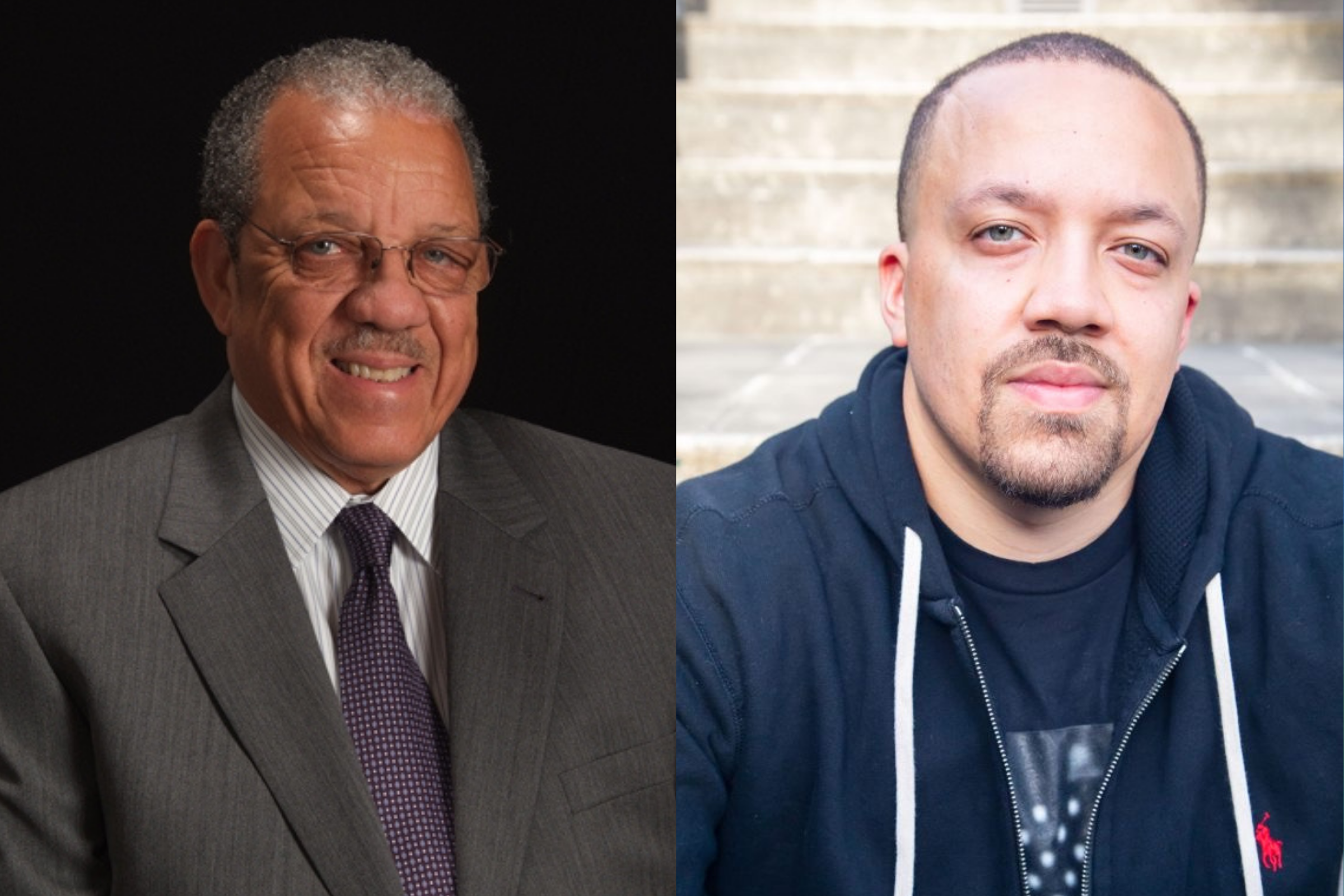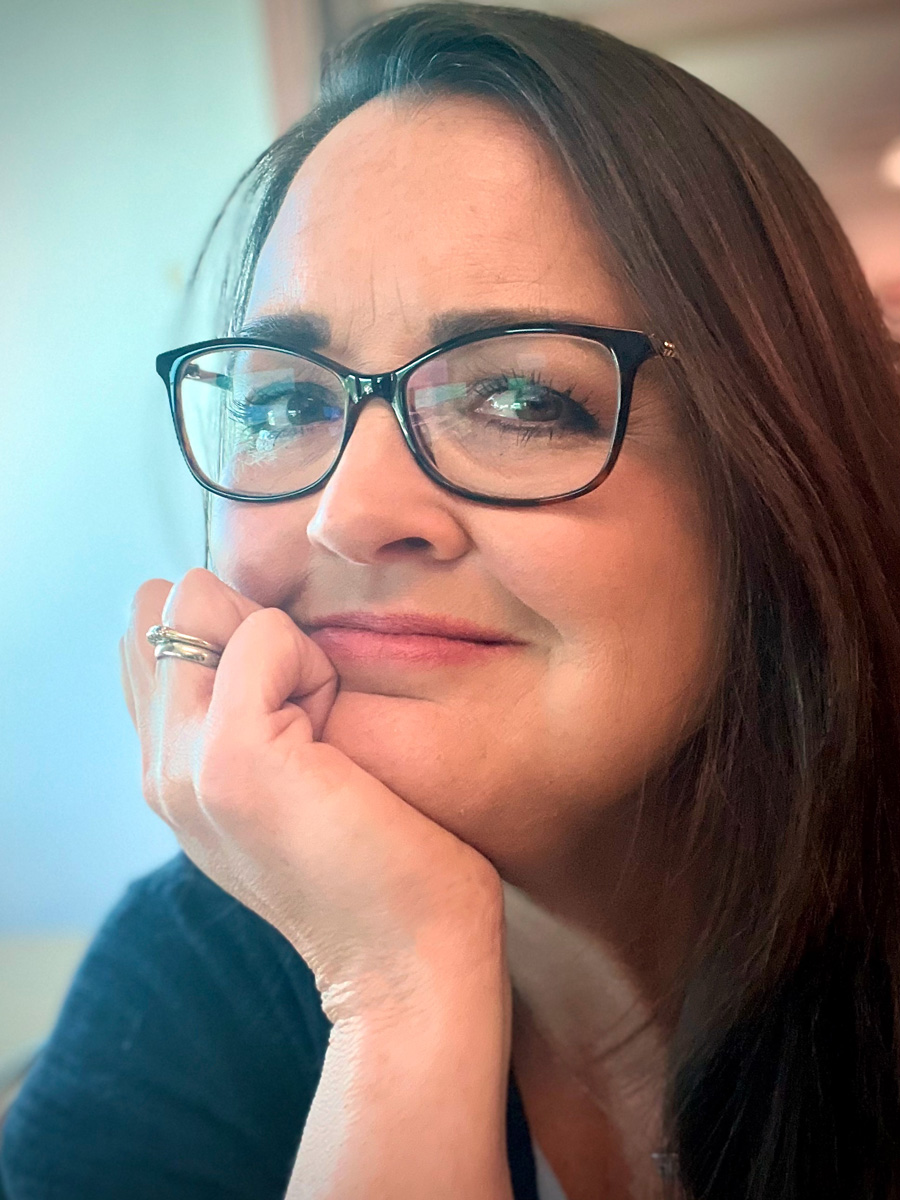David Dennis Sr. never intended to become an icon of the Civil Rights Movement. His plan was to complete his degree at New Orleans’ Dillard University and become an engineer. As the first member of his family to attend college, achieving that goal was important to him. He began attending meetings of the New Orleans chapter of the Congress of Racial Equality, known as CORE, but he was not interested in doing anything that might lead to his being arrested and therefore risking his education.
Life and the movement, however, didn’t happen according to Dennis’ plan. His involvement with the movement grew, and he was soon participating in lunch counter sit-ins and freedom rides. Eventually, Dennis gave up his plans of being an engineer to devote his attention fully to the cause of civil rights. That decision changed the course of his life, leading him to move to Mississippi to work as the director of the state’s CORE chapter, where he labored alongside prominent activists from other organizations, such as Medgar Evers, who represented the NAACP, and Bob Moses, of the Student Nonviolent Coordinating Committee, known as SNCC (pronounced “snick”).
Dennis and Moses worked together to organize the pivotal Freedom Summer of 1964, which brought volunteers into the state to help register Black voters.
David Dennis Jr., who grew up in Jackson, Miss., is living into his father’s example today, though in a manner better suited to the internet age and his formidable skills as a writer. The Andscape senior writer’s work, which focuses on Black American culture, earned him the 2021 American Mosaic Journalism Prize for excellence in long-form, narrative or in-depth reporting on groups that are under- or misrepresented in American society. Noted by the judging panel as a particularly powerful example of his work was his story “Ahmaud Arbery Will Not Be Erased” for Atlanta Magazine. The story delved deeply into the ramifications of the murder of the 25-year-old Black man who white men gunned down while he was jogging near Brunswick, Ga.
Dennis Jr.’s most recent literary accomplishment is the publication of his new book “The Movement Made Us: A Father, A Son and the Legacy of a Freedom Ride,” on which he collaborated with his father. The book takes a deeply personal look at the elder Dennis’ experiences of the Civil Rights Movement and the years following, while also sharing a glimpse into the relationship between father and son.
The original plan for the book had involved the Dennises traveling together to the sites of different events that Dennis Sr. recounts, but once again, life didn’t happen according to the plan. The COVID-19 pandemic forced the father and son to do most of their work together on the book long-distance via Zoom. The resulting book was released this week and is being called “critical to understanding the movement,” “an instructive, important addition to the literature of civil rights,” and “a remarkably intimate and vivid portrait of the human side of the Civil Rights Movement.”
Join Kimberly Griffin and Donna Ladd as they discuss “The Movement Made Us” with the Dennises Thursday, May 19 at 6 p.m.






